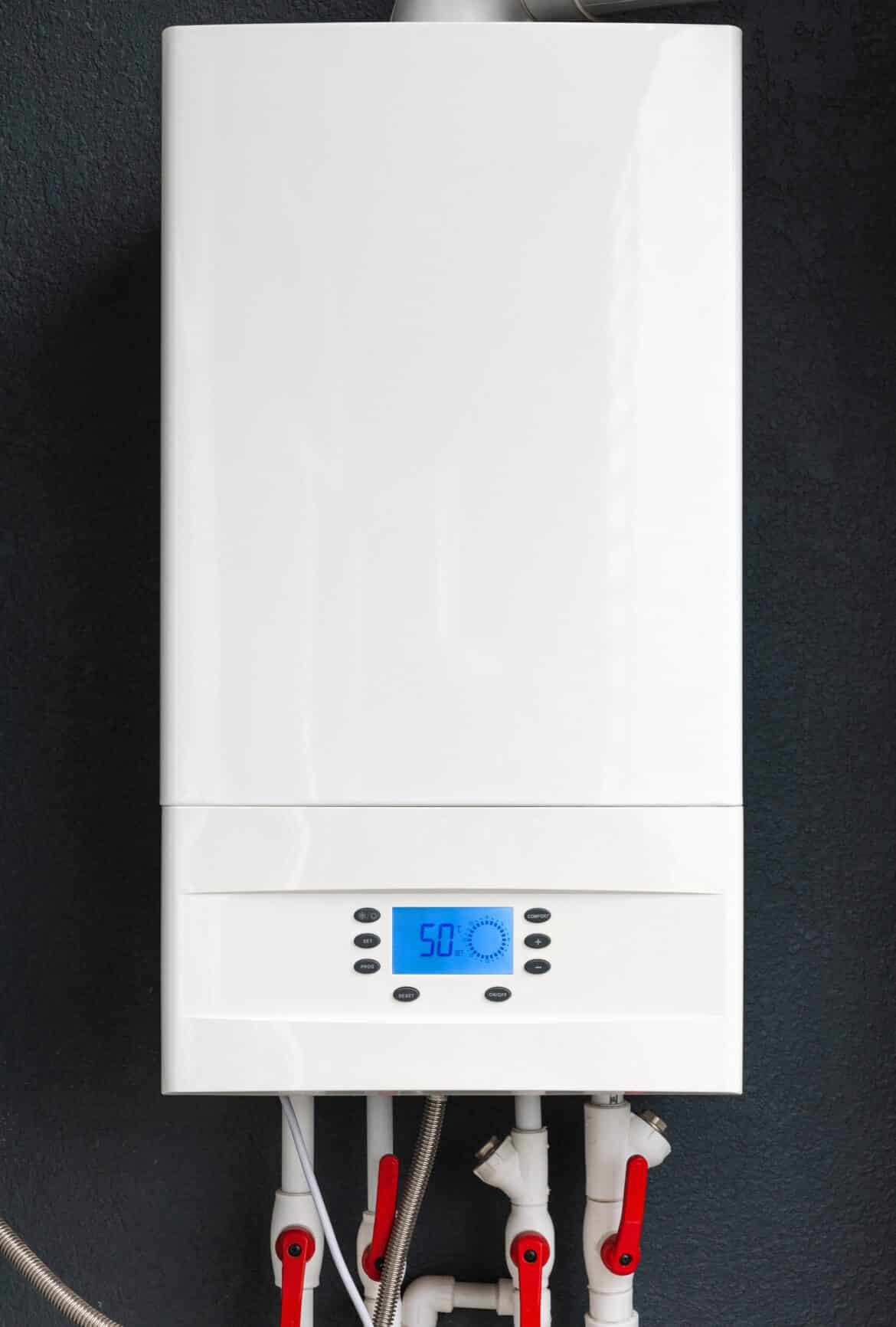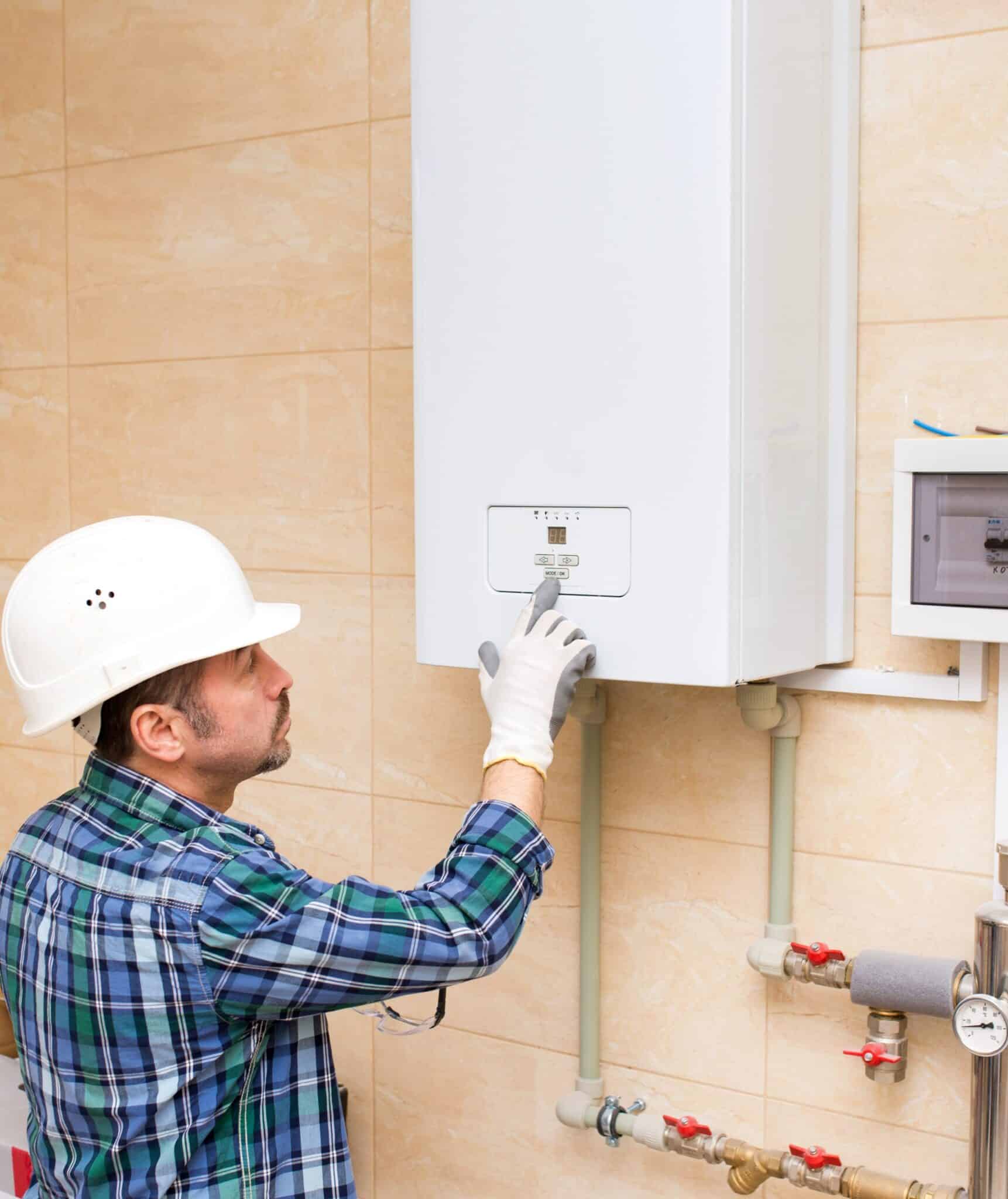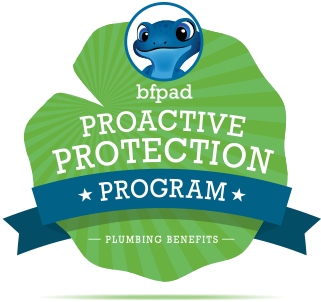
Upgrade to Efficient Water Heaters
- Outdated Water Heaters = High Energy Bills: Older models can significantly increase your utility costs.
- Go Green: Upgrading reduces your carbon footprint, contributing to a cleaner environment.
- Types of Water Heaters: Choose from storage tank, tankless, heat pump, or solar-powered options.
- Tank vs. Tankless: Understand the pros and cons to decide which fits your home.
- Efficiency Explained: Learn how energy efficiency ratings impact your long-term savings.
- Maintenance Matters: Proper upkeep can extend the life of your investment.
- Top Brands: Discover the best water heaters available in 2024.
- Incentives: Explore rebates and programs available in Carrollton, Coppell, and Dallas to lower your costs.
Are you tired of skyrocketing energy bills and inconsistent hot water? It might be time to consider upgrading your water heater. An outdated water heater doesn’t just struggle to keep up with your household’s needs—it also guzzles energy, driving up your utility costs. By switching to a more efficient water heater, you can enjoy reliable hot water while reducing your environmental footprint and saving money in the long run. Whether you’re considering a tankless model, a heat pump, or even a solar-powered system, this guide will help you make an informed decision and find the perfect water heater for your home in Carrollton, Coppell, and Dallas.
Why Upgrade to Efficient Water Heaters?
Are you tired of sky-high energy bills? Your old water heater might be to blame. Outdated water heaters not only consume more energy, but also struggle to maintain consistent water temperatures, leading to discomfort and unnecessary expenses. By upgrading to an efficient water heater, you can cut your utility bills and enjoy reliable hot water whenever you need it.
But it’s not just about saving money—it’s also about saving the planet. Efficient water heaters use less energy, which means fewer greenhouse gas emissions. Whether you opt for a tankless model, a solar-powered unit, or a heat pump water heater, each choice comes with significant environmental benefits. And with the variety of types available, there’s an energy-efficient option that’s perfect for every home.
Types of Water Heaters Available
When considering an upgrade, understanding the types of water heaters available is crucial. The market offers several options, each with its own advantages and best-use scenarios. Here’s a brief overview of the most common types:
- Storage Tank Water Heaters:
- How They Work: These are the traditional models that store a large volume of hot water in a tank, keeping it ready for use.
- Pros: Reliable and can supply hot water to multiple outlets simultaneously.
- Cons: Tend to be less energy-efficient due to standby heat loss.
- Tankless Water Heaters:
- How They Work: Heat water on demand without storing it, providing an endless supply.
- Pros: Energy-efficient since they only heat water when needed.
- Cons: Higher upfront cost and may struggle to supply multiple outlets at once.
- Heat Pump Water Heaters:
- How They Work: Use electricity to move heat from the air or ground to heat water.
- Pros: Extremely energy-efficient, can save significantly on electricity bills.
- Cons: Higher initial cost and may require a warmer climate to operate efficiently.
- Solar-Powered Water Heaters:
- How They Work: Use solar panels to harness energy from the sun to heat water.
- Pros: Eco-friendly and can drastically reduce energy costs, especially in sunny climates like Dallas.
- Cons: High installation costs and effectiveness depend on the amount of sunlight.
Choosing the right type of water heater for your home in Carrollton, Coppell, and Dallas depends on several factors, including your budget, climate, and household water usage. Each type offers unique benefits, and understanding these can help you make an informed decision that maximizes both energy efficiency and cost savings in the long run.
Tank vs. Tankless Water Heaters
Choosing between a tank and tankless water heater is one of the most important decisions you’ll make when upgrading. Both have their own sets of advantages and drawbacks, and your choice will depend on your specific needs and circumstances.
Tank Water Heaters
Pros:
- Reliable Hot Water Supply: These units can store 30 to 50 gallons of hot water, ensuring you have a steady supply ready whenever you need it.
- Lower Initial Cost: Typically, tank water heaters are more affordable upfront than their tankless counterparts.
- Simple Installation: Installation is generally easier and less expensive, making it a good option for homes on a budget.
Cons:
- Energy Inefficiency: These heaters continuously heat water to keep it hot, leading to higher energy consumption due to standby heat loss.
- Limited Supply: Once the hot water in the tank runs out, you’ll need to wait for the tank to refill and reheat.
Tankless Water Heaters
Pros:
- Endless Hot Water: Tankless heaters provide hot water on demand, meaning you’ll never run out, no matter how much you use.
- Energy Efficiency: Because they heat water only when you need it, tankless units are more energy-efficient and can significantly lower your utility bills.
- Space-Saving Design: These compact units take up less space, making them ideal for homes with limited room.
Cons:
- Higher Upfront Cost: Tankless heaters are more expensive to purchase and install.
- Limited Flow Rate: Depending on the size of your unit, you may not be able to run multiple outlets (like a shower and dishwasher) simultaneously without a drop in water temperature.
Understanding Heat Pump Water Heaters
Heat pump water heaters (HPWHs) are becoming an increasingly popular choice for homeowners looking to reduce energy consumption and save on utility bills. But what exactly makes these systems so efficient, and when are they the best option for your home?
How Do Heat Pump Water Heaters Work?
Unlike conventional water heaters that generate heat directly, heat pump water heaters use electricity to transfer heat from one place to another—specifically, from the surrounding air or ground into the water tank. This process is similar to how a refrigerator works but in reverse.
Key Features:
- Heat Transfer: The system absorbs heat from the environment and transfers it to the water in the tank.
- Efficiency: HPWHs are significantly more efficient than traditional electric water heaters because they move heat instead of generating it, using 60% less energy on average.
Best Scenarios for Their Use
Climate Considerations:
- Warm Climates: HPWHs perform best in warmer climates where they can efficiently extract heat from the air. In regions like Dallas, where temperatures are relatively warm for most of the year, these systems can be highly effective.
- Cold Climates: In colder climates, they may need a backup heating system to ensure a consistent hot water supply, as their efficiency drops with the temperature.
Installation Space:
- Indoor Locations: HPWHs typically need to be installed in a location with ample space and good air circulation, such as a garage or basement.
- Space Considerations: They can be bulkier than traditional water heaters and require a bit more room for airflow.
Household Size:
- Moderate to Large Households: Ideal for households that use moderate to large amounts of hot water. They work efficiently for homes with 3 to 4 family members who require hot water for showers, laundry, and dishwashing.

Solar-Powered Water Heaters: Are They Worth It?
In the search for eco-friendly and cost-effective water heating solutions, solar-powered water heaters have gained attention, especially in sunny regions like Dallas. But are they worth the investment? Let’s dive into the pros, cons, and considerations of this sustainable option.
Initial Costs vs. Long-Term Savings
Initial Investment:
- High Upfront Costs: Solar-powered water heaters typically have a higher initial cost compared to other water heating systems. This includes the price of solar panels, the water heater unit itself, and installation.
- Installation Complexity: Installation is more complex and usually requires professional expertise, adding to the overall expense.
Long-Term Savings:
- Energy Cost Reduction: Once installed, solar water heaters can drastically reduce or even eliminate your water heating costs, as they rely on free solar energy. Over time, the savings on your utility bills can offset the initial investment.
- Incentives and Rebates: Homeowners in areas like Carrollton, Coppell, and Dallas may qualify for federal or state incentives, rebates, and tax credits, which can significantly reduce the cost of installation. These incentives make solar water heaters more financially accessible.
Environmental Impact:
- Reduced Carbon Footprint: By using solar energy, you’re reducing your reliance on fossil fuels, which significantly lowers your carbon footprint. Solar water heaters contribute to cleaner energy usage and promote sustainability.
Energy Efficiency Ratings Explained
Understanding energy efficiency ratings is essential when choosing a new water heater. These ratings help you determine how much energy a water heater uses and how that translates to your utility bills. Let’s break down what these ratings mean and how they can impact your decision.
How to Read and Understand Energy Efficiency Labels
Energy Factor (EF) Rating:
- What It Is: The Energy Factor (EF) is a key metric that indicates the efficiency of a water heater. It’s calculated based on how much hot water the unit produces per unit of fuel consumed over a typical day.
- Higher Is Better: A higher EF rating means the water heater is more efficient, consuming less energy to heat the same amount of water. For instance, tankless water heaters generally have a higher EF than storage tank models because they heat water on demand, reducing standby heat loss.
Uniform Energy Factor (UEF) Rating:
- Updated Standard: The UEF is an updated version of the EF rating, providing a more accurate reflection of a unit’s efficiency. The UEF considers various factors, such as cycling losses and the efficiency of hot water delivery.
- Categories: UEF ratings are categorized into four groups—very small, low, medium, and high usage—allowing consumers to compare units based on their specific water heating needs.
EnergyGuide Label:
- What It Shows: The yellow EnergyGuide label you see on appliances provides an estimated annual operating cost and compares the efficiency of the model to similar units.
- Cost Impact: This label is crucial for understanding how the water heater’s efficiency affects your utility bills. It also provides an easy comparison between models, helping you choose a unit that balances initial cost with long-term savings.
What These Ratings Mean for Your Utility Bills
Lower Operating Costs:
- Higher Efficiency Equals Savings: Water heaters with higher EF or UEF ratings may cost more upfront, but they often lead to significant savings on your energy bills over time. For example, a unit with a higher UEF rating might reduce your annual operating costs by hundreds of dollars compared to a less efficient model.
Factors to Consider When Choosing a Water Heater
Selecting the right water heater for your home involves evaluating several key factors to ensure it meets your household’s needs efficiently and cost-effectively. Here are the most important considerations to keep in mind:
Household Size and Water Usage
Matching Capacity to Demand:
- Small Households: If you have a small household (1-2 people), a water heater with a smaller tank (around 30 gallons) or a tankless water heater could suffice. These options provide enough hot water for regular use while keeping energy consumption low.
- Larger Households: For larger households with 3 or more people, consider a larger storage tank (50 gallons or more) or multiple tankless units to ensure an adequate supply of hot water for showers, laundry, and dishwashing, especially during peak usage times.
Peak Hour Demand:
- Calculate Peak Usage: Determine your household’s peak hour water usage (the time when you use the most hot water). Choose a water heater that can handle this demand without running out of hot water, ensuring comfort and efficiency.
Fuel Type Availability (Electric, Gas, Solar)
Electric Water Heaters:
- Availability: Most homes have access to electricity, making electric water heaters a convenient choice.
- Efficiency: While generally less efficient than gas models, electric water heaters are easier to install and maintain. Heat pump water heaters are an energy-efficient electric option.
Gas Water Heaters:
- Lower Operating Costs: If natural gas is available in your area, gas water heaters can be a more cost-effective option due to lower operating costs.
- Fast Recovery Rate: Gas heaters typically heat water faster than electric models, making them ideal for larger households or high-demand situations.
Solar Water Heaters:
- Renewable Energy Source: If you’re looking for the most environmentally friendly option, a solar-powered water heater can be an excellent choice, especially in sunny locations like Dallas.
- Consider Backup: Since solar energy availability can fluctuate, it’s wise to have a backup system, such as an electric or gas heater, to ensure a consistent hot water supply.

Maintenance Tips for Longevity
Proper maintenance is key to ensuring the long life and optimal performance of your water heater. Whether you have a traditional storage tank, tankless, heat pump, or solar-powered water heater, routine care can prevent breakdowns, improve efficiency, and extend the lifespan of your unit. Here are essential maintenance tips to keep your water heater running smoothly.
Routine Maintenance Tasks
- Flushing the Tank (for Storage Water Heaters):
- Why It’s Important: Sediment buildup at the bottom of the tank can reduce efficiency and lead to corrosion, shortening the lifespan of your water heater.
- How to Do It: At least once a year, drain a few gallons of water from the tank to flush out sediment. If you’re comfortable, you can do this yourself by attaching a hose to the drain valve and letting the water run out until clear. Otherwise, hiring a professional is recommended.
- Checking the Anode Rod (for Storage Water Heaters):
- Purpose: The anode rod attracts corrosive elements in the water, helping to prevent rust inside the tank.
- Frequency: Inspect the anode rod every 1-3 years. If it’s heavily corroded or worn down, it should be replaced to prolong the life of your tank.
- Descaling (for Tankless Water Heaters):
- Importance: Mineral buildup in tankless water heaters can clog the system and reduce efficiency.
- Procedure: Descaling involves running a vinegar solution through the system to remove mineral deposits. This should be done annually, especially in areas with hard water.
- Inspecting Heat Pump Components (for Heat Pump Water Heaters):
- Maintenance Needs: Regularly check and clean the air filter, and ensure the heat pump’s coils are free of dust and debris. This helps maintain efficient operation and prevents overheating.
- Annual Checkup: Have a professional inspect the heat pump and refrigerant levels yearly to ensure it’s running efficiently.
- Solar Panel Maintenance (for Solar-Powered Water Heaters):
- Panel Cleaning: Keep the solar panels clean to ensure maximum sunlight absorption. Dirt and debris can reduce the system’s efficiency.
- System Check: Have a professional inspect the entire system, including the panels, storage tank, and backup heater, at least once a year to ensure everything is working correctly.
Common Water Heater Problems and Solutions
Water heaters are essential appliances, but they can sometimes develop issues that disrupt your daily routine. Knowing how to diagnose and address common problems can save you time, money, and frustration. Here’s a guide to the most frequent water heater issues and what you can do about them.
1. Water Leaks
Possible Causes:
- Loose Connections: Over time, the connections to and from your water heater can loosen, leading to leaks.
- Faulty Pressure Relief Valve: The pressure relief valve is designed to release water if the tank becomes over-pressurized. If it’s faulty or damaged, it can cause leaks.
- Corrosion: If your water heater’s tank has corroded, it can lead to leaks, and in most cases, the entire unit will need to be replaced.
2. Inadequate Hot Water
Possible Causes:
- Thermostat Settings: The thermostat might be set too low, preventing the water from getting hot enough.
- Faulty Heating Elements: In electric water heaters, the heating elements might be worn out or damaged, leading to insufficient hot water.
- Sediment Buildup: Sediment in the tank can act as an insulator, making it harder for the water to heat up.
3. Strange Noises
Possible Causes:
- Sediment Buildup: The most common cause of strange noises, such as popping or rumbling, is sediment buildup at the bottom of the tank.
- Water Hammer: A knocking noise might be caused by water hammer, which happens when water pressure suddenly changes and causes the pipes to bang against each other.
4. Low Water Pressure
Possible Causes:
- Mineral Deposits: In areas with hard water, mineral deposits can build up in the pipes and reduce water flow.
- Partially Closed Shut-Off Valve: If the water heater’s shut-off valve isn’t fully open, it can restrict water flow and reduce pressure.
5. Discolored or Smelly Water
Possible Causes:
- Corrosion: Rust-colored water often indicates corrosion inside the tank, which could mean the anode rod is failing or the tank is deteriorating.
- Bacteria Growth: If your water smells like rotten eggs, it could be due to bacteria growing in the tank, especially if the water temperature is too low.
FAQs
-
What’s the best water heater for my home?
The best option depends on your needs. Tankless units save energy and offer endless hot water, while storage tanks are budget-friendly. Heat pumps work well in warm climates, and solar is ideal in sunny areas like Dallas.
-
How often should I replace my water heater?
Most water heaters last 10 to 15 years. Replace it if it’s old, leaking, or not heating efficiently.
-
Are tankless water heaters safe?
Yes, but proper installation is key. Common issues include scalding or gas leaks in gas models, so professional installation is recommended.
-
Should I install a water heater myself?
It’s best to hire a professional. Incorrect installation can lead to leaks, poor performance, or safety hazards.
-
What maintenance does my water heater need?
Flush storage tanks annually, descale tankless units, and have heat pumps or solar systems inspected regularly to maintain efficiency.



















